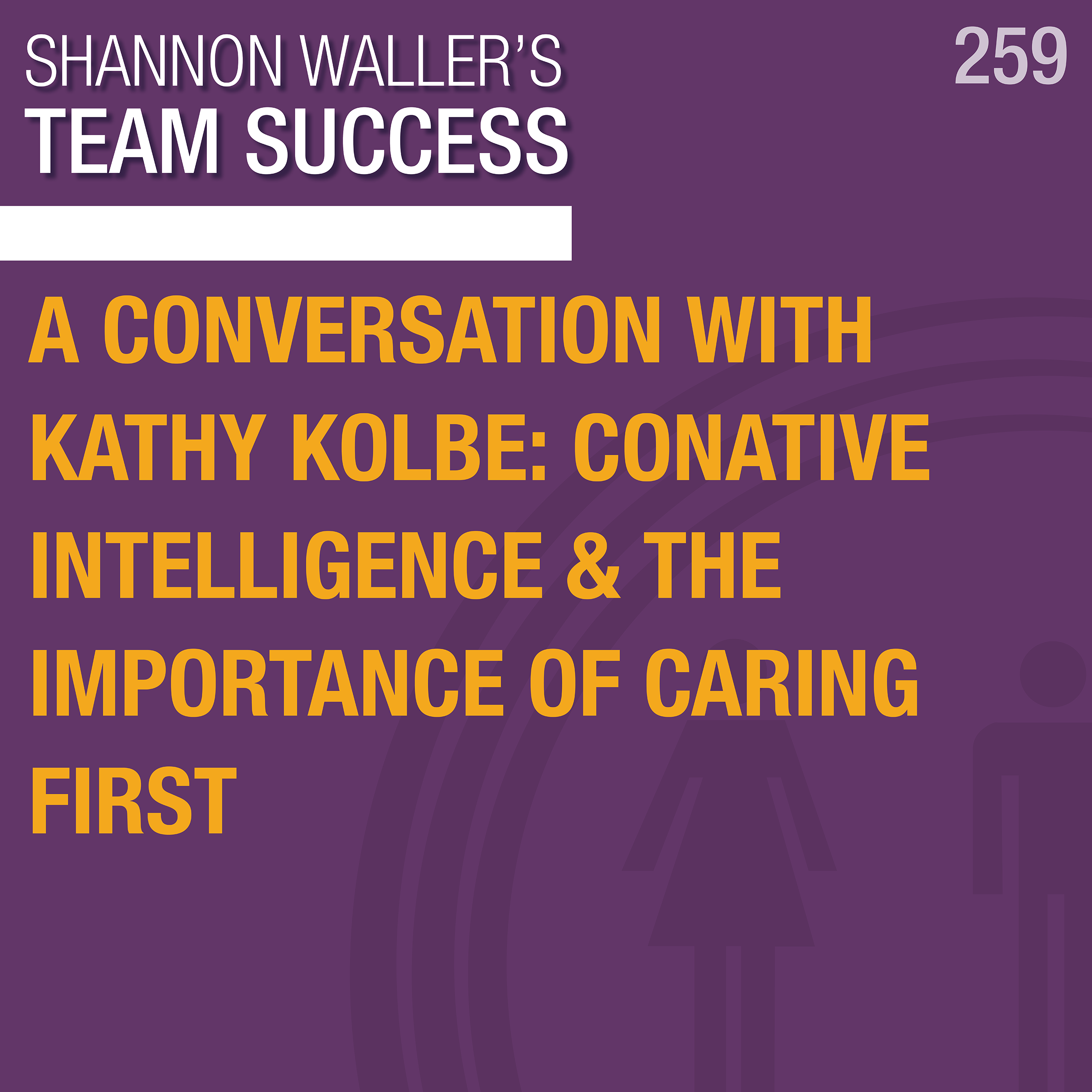
 Shannon Waller's Team Success
Shannon Waller's Team Success A Conversation With Kathy Kolbe: Conative Intelligence & The Importance of Caring First
42 snips
Feb 8, 2024 In this engaging discussion, Kathy Kolbe, a thought leader and founder of the Kolbe Index, dives into the essence of conative intelligence and its impact on leadership. She emphasizes the significance of emotional buy-in for teams, arguing that when individuals connect personal goals with team objectives, productivity soars. Kathy also shares her journey of self-discovery, advocating for the power of understanding unique abilities in fostering creativity and effective teamwork. Her insights reveal how genuine care can transform leadership and drive entrepreneurial success.
Chapters
Transcript
Episode notes
1 2 3 4 5 6 7
Intro
00:00 • 2min
Journey to Self-Discovery
01:32 • 10min
The Fight for Recognition: Conation and Challenging Ageism
11:23 • 5min
Navigating Intelligence and Creativity
16:08 • 25min
The Power of Conative Intelligence
40:45 • 15min
The Importance of Personal Priorities in Leadership
56:03 • 3min
Empowerment Through Understanding Unique Abilities in Children
58:41 • 2min

